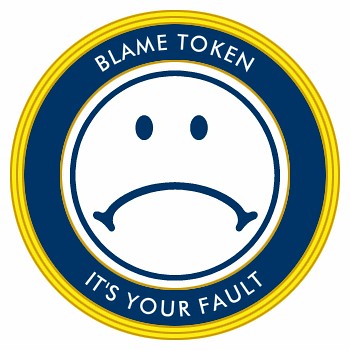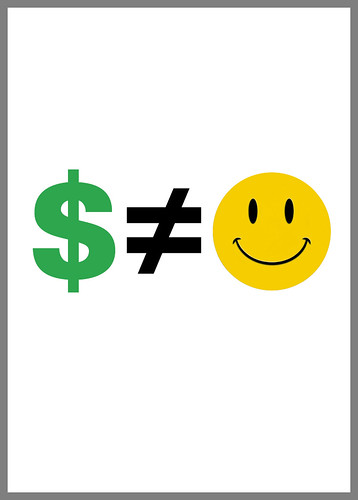Can blaming others make you physically ill?
nstant bitterness can make a person ill, according to Concordia University researchers who have examined the relationship between failure, bitterness and quality of life. "Persistent bitterness may result in global feelings of anger and hostility that, when strong enough, could affect a person's physical health," says Carsten Wrosch, a professor in the Concordia University Department of Psychology and a member of the Centre for Research in Human Development. And: Unlike regret, which is about self-blame and a case of "woulda,…
1 min read
Is thinking about the best possible version of you a key to happiness?
s: A 4-week experimental study (N = 67) examined the motivational predictors and positive emotion outcomes of regularly practicing two mental exercises: counting one's blessings ("gratitude") and visualizing best possible selves ("BPS"). In a control exercise, participants attended to the details of their day. Undergraduates performed one of the three exercises during Session I and were asked to continue performing it at home until Session II (in 2 weeks) and again until Session III (in a further 2 weeks). Following…
1 min read
Was grandmom right about “counting your blessings”?
s: The effect of a grateful outlook on psychological and physical well-being was examined. In Studies 1 and 2, participants were randomly assigned to 1 of 3 experimental conditions (hassles, gratitude listing, and either neutral life events or social comparison); they then kept weekly (Study 1) or daily (Study 2) records of their moods, coping behaviors, health behaviors, physical symptoms, and overall life appraisals. In a 3rd study, persons with neuromuscular disease were randomly assigned to either the gratitude condition…
1 min read
Stuffed Animals Can Prevent You From Getting Sick
tting a stuffed dog has positive effects on the immune system: The present study assessed the effect of petting a dog on secretory immunoglobulin A (IgA) levels. 55 college students were randomly assigned to either an experimental group or one of two control groups. Group 1 (n = 19) petted a live dog; Group 2 (n = 17) petted a stuffed dog, while Group 3 (n = 19) simply sat comfortably on a couch. Each participant was exposed to one of the three…
1 min read
Is it better to settle?
maximizer is someone who researches, comparison shops and works hard to make sure they get the absolute very best. A satisficer is someone who is happy with good enough. Many of us are maximizers about some things and satisficers about others. Which is the better strategy? Maximizing may give better objective results -- but makes us unhappier in the end: Although extant research suggests maximizing is related to objectively positive outcomes (e.g., job offers), I propose maximizing may be…
2 minutes
Can someone wishing you luck really improve your performance?
ctivating a positive superstitious belief can boost people's confidence, which in turn improves performance..." Via HBR Daily Stat citing APA: Activating a positive superstitious belief can boost people's confidence, which in turn improves performance: In an experiment, a dexterity task that normally took more than 5 minutes was accomplished in just 191.5 seconds, on average, if participants were wished good luck before they started it, according to research led by Lysann Damisch of the University of Cologne in Germany. Before trying to roll…
1 min read
Could the current economic problems actually make us happier in the end?
depends on how we respond to it all. There's an excellent article in the New York Times by Stephanie Rosenbloom about people who have simplified their lives in response to the recession -- and ended up much happier for it. Some experts are saying these new habits could outlast the current economic downturn. Takeaways below: On the bright side, the practices that consumers have adopted in response to the economic crisis ultimately could — as a raft of new research suggests —…
2 minutes
Do straight-A students live longer?
a the New York Times: The findings come from the Wisconsin Longitudinal Study, which has been following more than 10,000 people who graduated from Wisconsin high schools in 1957. Those students who finished in the top 25 percent of their high school class were healthier, decades later, than the ones who finished in the bottom quarter. When they were all in their early 60s, those who had finished in the top quartile were, over all, half as likely to have experienced…
1 min read








